
A laparoscopy is a surgical procedure that allows the surgeon to access the inside of the abdomen and the pelvis. A laparoscope is a small flexible tube that has a light source and a camera. The camera relays images of the inside the abdomen or pelvis to a monitor screen. Laparoscopy carries the possible risk due to operation and anesthesia to patients.
Surgery laparoscopy leaves less injury of the tissue, and is a little risky. Risk involves slight complications and is classified by different operation phases. The pneumoperitoneum and procedures of laparoscope insertion involve a solid organ puncture, cardiac arrhythmias, bleeding, a hollow viscous perforation and subcutaneous emphysema.
But the complications of laparoscopic surgery are very rare and appear only 1-5% at the mortality rate for about 0.05%. If we take a look at the complications it is often referred to infection the most usual complication. The complications are related to procedure sterilization in hospital.
There are also injuries of the bowel, urinary bladder, abdominal organs, intestines or blood vessels and also possible for mortality rate of laparoscopic surgery. But just mild complications may be treated with appropriate antibiotic.
When to Address Doctor
There are moments when it is most important for patient to look out for doctor ASAP and that would be:
vomiting not being able to urinate, chills, fever, increasing redness at an incision region, more pain distension of abdomenA Weeping Peritoneum
A complication of invasive surgery is minimal due to irritation of peritoneum. A peritoneal irritant is carbon dioxide and that makes a congestion of the vessels in patient’s laparoscopy. If we consider a response to irritant there are manifestations of a weeping peritoneum pyrexia. And severe peritonitis symptoms vomiting, fast heart rate, cramp abdomen, and respiration.
A complication of operative laparoscopy is an incisional bowel herniation. All fascia at larger port sites and should be looked after very well, if patient recovers too slowly with vomiting or intermittent nausea in time after the procedure. The complications may come up with older patients, especially those with lowered cardio pulmonary reserve.
Regulation Prior Operation
No eating or drinking is allowed before the procedure. Every information that doctor needs should be in X-ray, blood or urine before any operation. Having a shower is also important also wiping belly button with soap or antiseptic. It is important to let know surgeon if patient takes any other medication before the procedure. Also if patient takes blood thinners, arthritis medication or Aspirin, all this need to discuss with surgeon prior the operation.



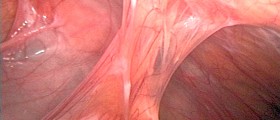
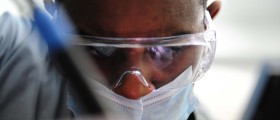
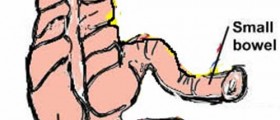
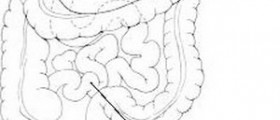
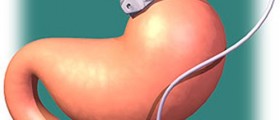
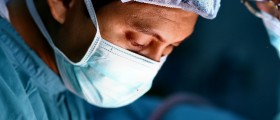


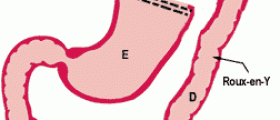




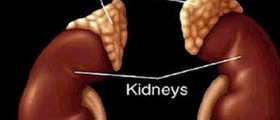
Your thoughts on this
Loading...